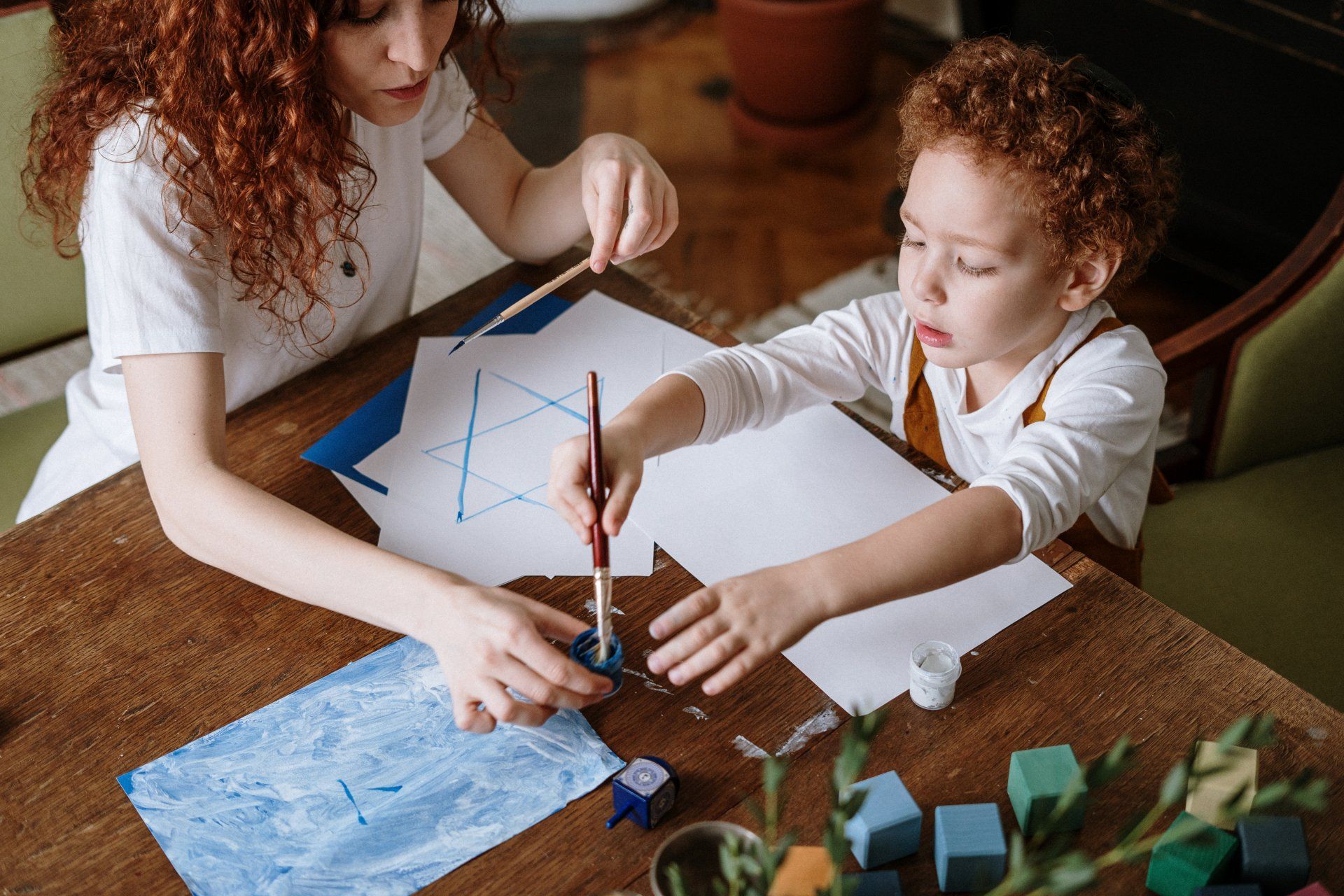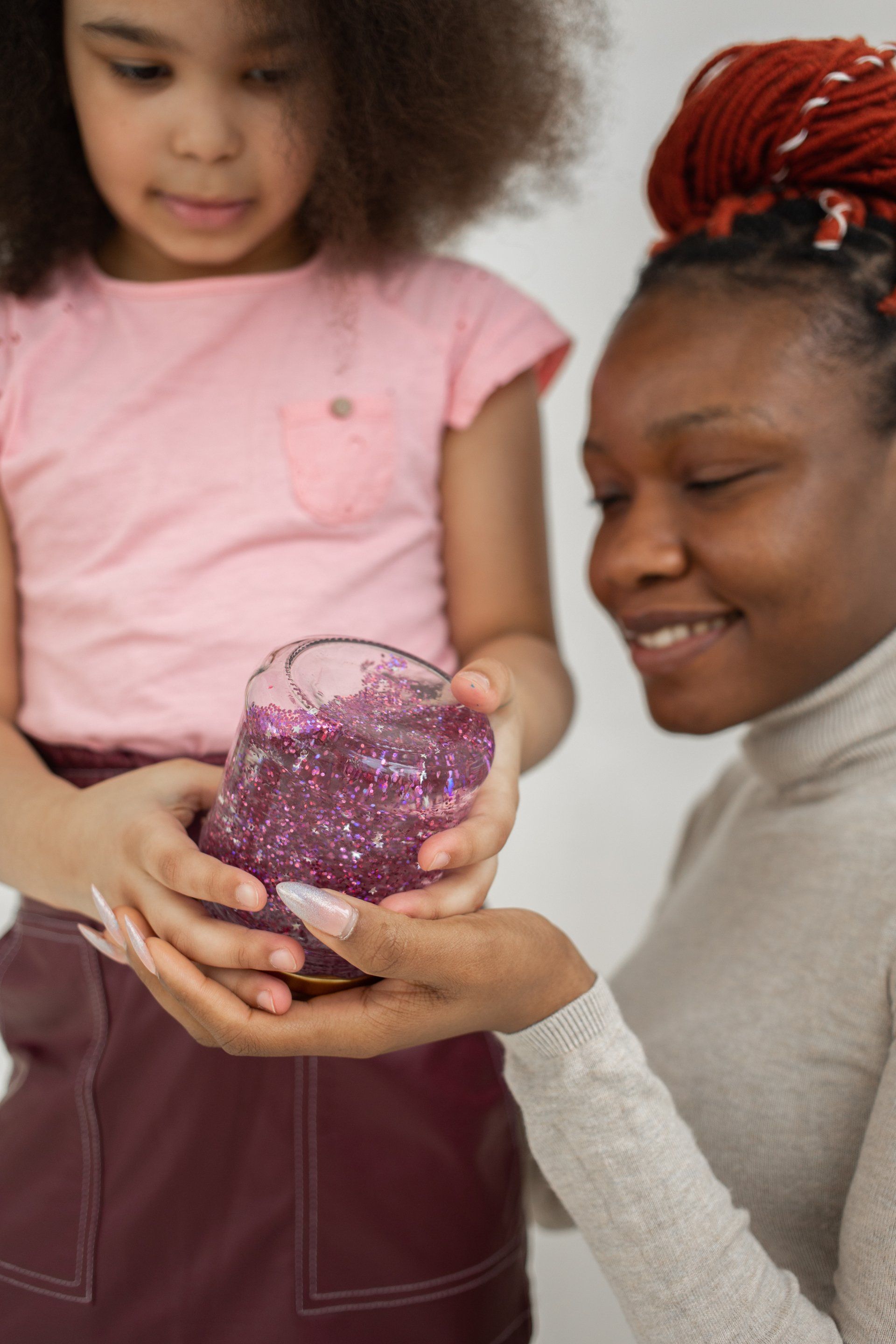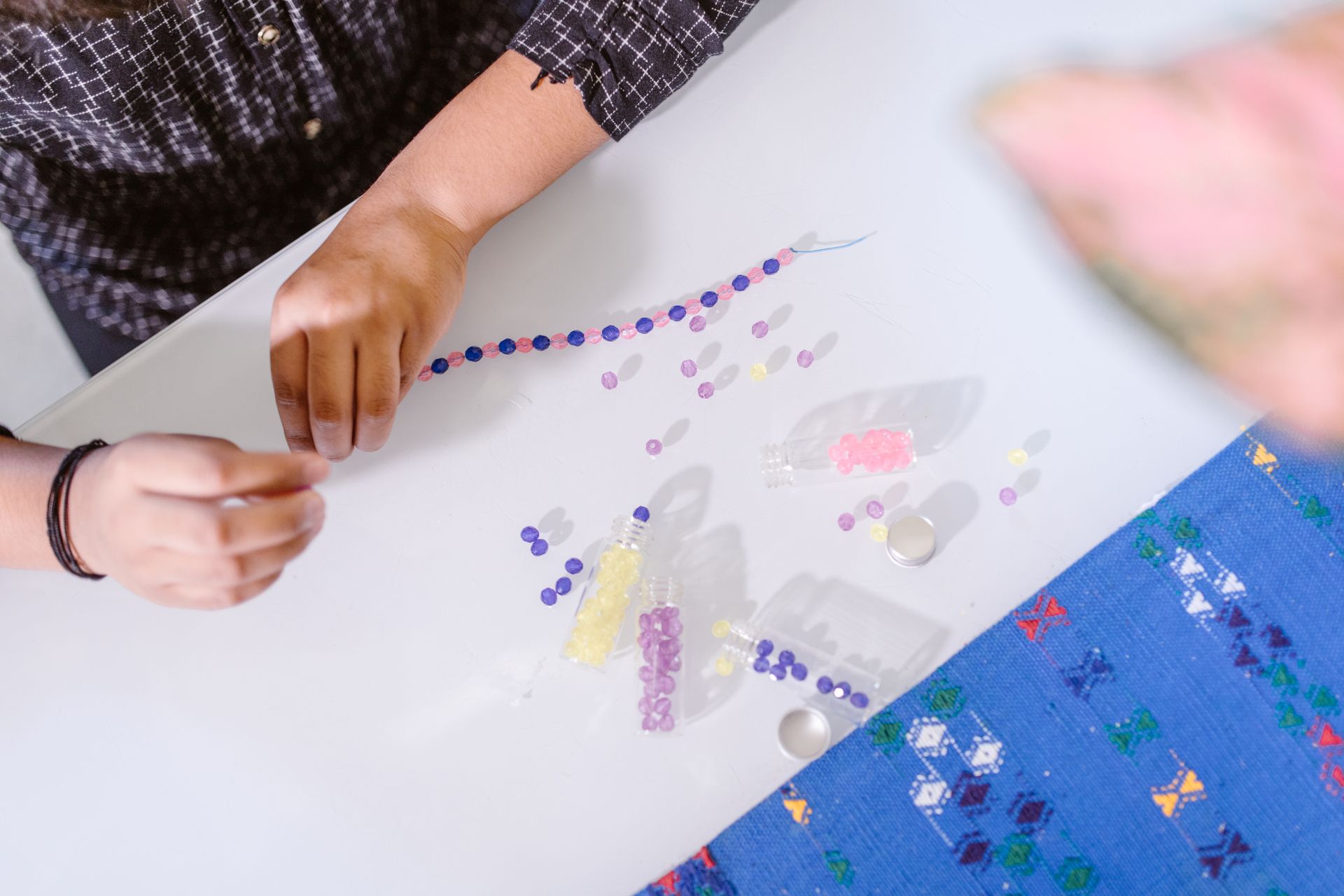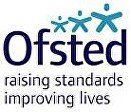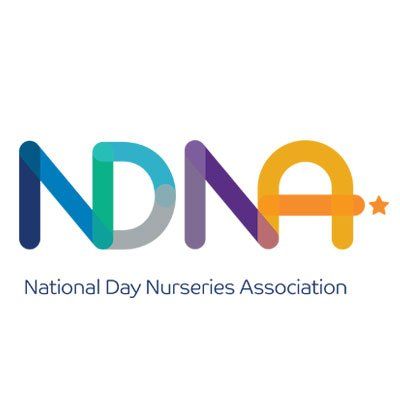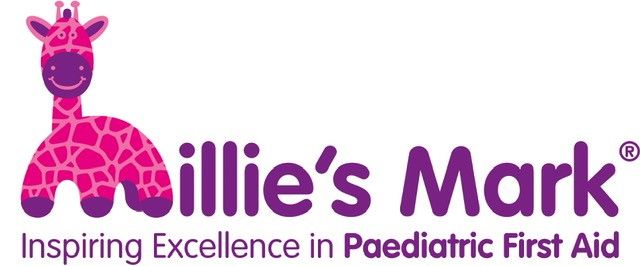The Power of Play: Promoting Play-Based Learning in Preschoolers
The Power of Play: Promoting Play-Based Learning in Children
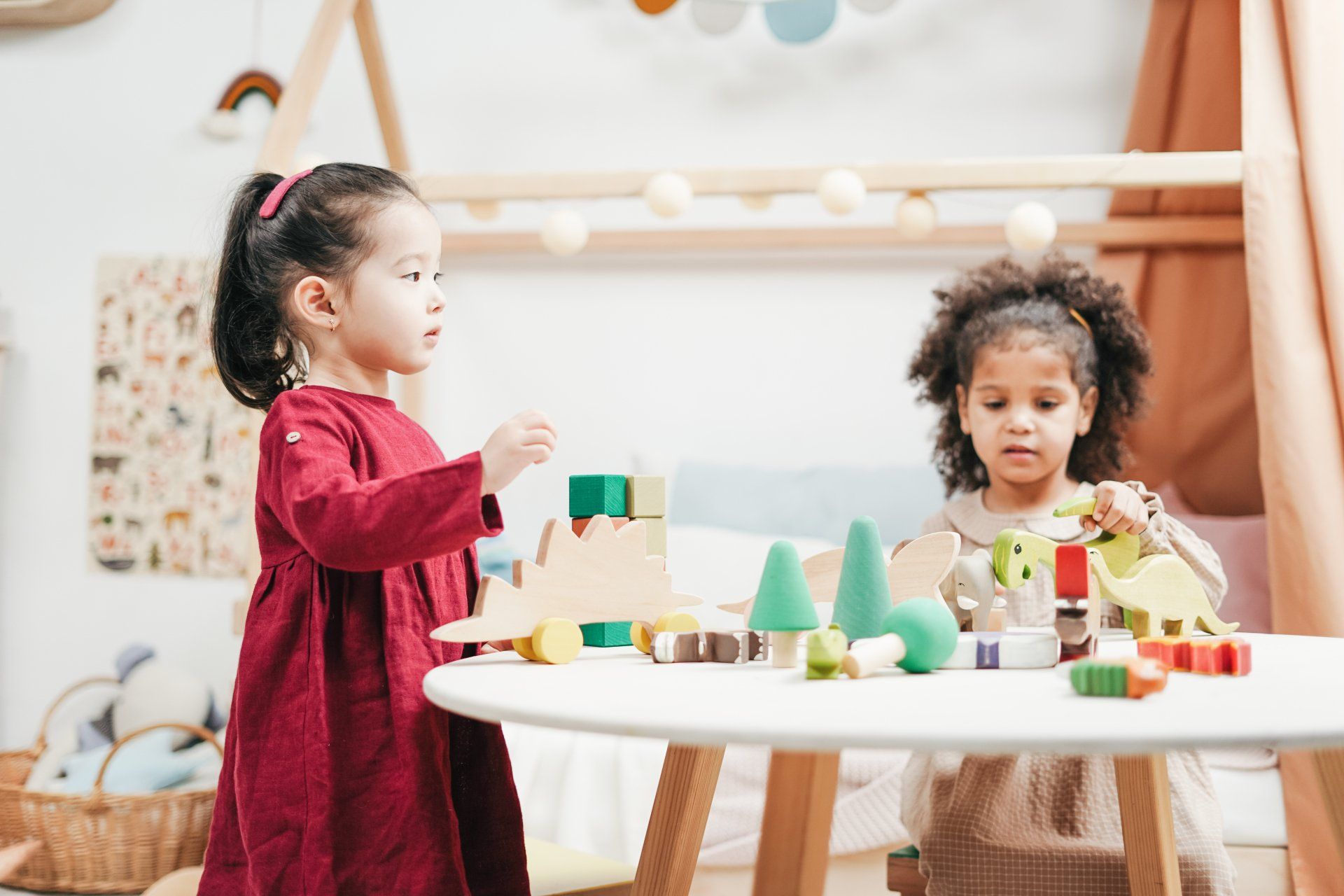
Play is a fundamental aspect of early childhood education, offering numerous benefits for preschoolers' development. Through play, children explore the world around them, develop critical skills, and build the foundation for lifelong learning. This guide explores the importance of play-based learning, the different types of play, and practical tips for parents and educators to create enriching play experiences that foster cognitive, social, and emotional growth.
Understanding Play-Based Learning
Play-based learning is an educational approach that uses play as the primary method for learning. It encourages children to explore, experiment, and discover in a fun and engaging way, promoting holistic development. Unlike traditional learning methods that may rely heavily on direct instruction and rote memorisation, play-based learning fosters creativity, critical thinking, and problem-solving skills. It allows children to take the lead in their learning journey, with educators facilitating and guiding their experiences.
The Benefits of Play for Preschoolers
Play offers various benefits that are crucial for the comprehensive development of preschoolers:
Cognitive Development
- Problem-Solving Skills: Through play, children learn to navigate challenges and find solutions, enhancing their ability to think critically.
- Creativity: Play stimulates imagination, allowing children to explore different scenarios and ideas.
- Critical Thinking: Engaging in play encourages children to make decisions and consider outcomes, fostering analytical skills.
Social Skills
- Cooperation: Play often involves interaction with others, teaching children how to work together and share.
- Communication: Through play, children practice language skills, learning to express themselves and understand others.
- Conflict Resolution: Play provides opportunities for children to navigate disagreements and learn how to resolve conflicts amicably.
Emotional Growth
- Self-Expression: Play allows children to express their emotions and understand their feelings.
- Empathy: Engaging in role-playing and pretend play helps children understand different perspectives and develop empathy.
- Stress Relief: Play is a natural way for children to relieve stress and manage their emotions.
Physical Development
- Motor Skills: Active play supports the development of fine and gross motor skills.
- Coordination: Play activities that involve movement help children improve their coordination and balance.
- Overall Health: Regular physical activity through play promotes overall physical health and well-being.
Types of Play and Their Importance
Different types of play contribute to various aspects of development:
Free Play
- Definition: Unstructured play that allows children to use their imagination and make their own rules.
- Importance: Encourages creativity, independence, and decision-making skills.
Guided Play
- Definition: Activities directed by an adult but still offering freedom for the child to explore.
- Importance: Combines the benefits of free play with educational goals, providing a balance of guidance and autonomy.
Social Play
- Definition: Involves interaction with peers, helping develop social and communication skills.
- Importance: Promotes teamwork, empathy, and negotiation skills.
Physical Play
- Definition: Activities that involve movement and exercise, supporting physical health and coordination.
- Importance: Enhances motor skills, strength, and overall physical fitness.
Creating a Play-Based Learning Environment
Parents and educators can create environments that encourage play-based learning:
Safe and Stimulating Spaces
- Designate Areas: Create specific areas that are safe and filled with diverse materials and toys to inspire play.
- Variety of Materials: Provide a range of materials such as blocks, art supplies, and natural objects to stimulate creativity.
Encourage Exploration
- Open-Ended Materials: Offer items that can be used in multiple ways, allowing children to explore and experiment.
- Freedom to Discover: Allow children the freedom to explore their interests and make discoveries on their own.
Balance of Indoor and Outdoor Play
- Indoor Activities: Ensure there are ample opportunities for indoor play that stimulate the mind and body.
- Outdoor Exploration: Provide regular opportunities for outdoor play to explore nature and engage in physical activity.
Observation and Interaction
- Watch and Learn: Observe children's interests and behaviours during play to understand their needs and preferences.behaviours
- Join the Fun: Participate in play to guide and extend learning, showing children that play is valuable and important.
Practical Tips for Integrating Play in Daily Routines
Here are some tips to seamlessly integrate play into daily routines:
Incorporate Play in Everyday Activities
- Turn Chores into Play: Make household tasks fun by turning them into games. For example, make a game out of sorting laundry by colour or racing to clean up toys.
Set Aside Daily Playtime
- Dedicated Play Time: Ensure there is specific, uninterrupted time each day for play. Consistent playtime helps children know they can rely on this time to explore and have fun.
Encourage Role-Playing and Pretend Play
- Costumes and Props: Provide costumes and props to inspire imaginative play. Encourage children to create their own scenarios and stories.
- Scenarios and Stories: Suggest scenarios for pretend play, such as setting up a "grocery store" or pretending to be different animals.
Use Technology Wisely
- Educational Apps: Select educational apps and games that promote interactive and meaningful play.
- Balance Screen Time: Ensure that technology is used as a tool to enhance, not replace, physical and social play activities.
Conclusion
Promoting play-based learning in preschoolers is essential for their comprehensive development. By understanding the benefits of play, recognising the different types of play, and creating enriching environments, parents and educators can support children in learning through play. Together, we can nurture curious, creative, and well-rounded individuals who are ready to take on the world with confidence and joy.
FAQ
Q1: What is play-based learning?
A1: Play-based learning uses play as the primary method for teaching, encouraging exploration and discovery.
Q2: What are the benefits of play for preschoolers?
A2: Play enhances cognitive development, social skills, emotional growth, and physical development.
Q3: What are the different types of play?
A3: Types of play include free play, guided play, social play, and physical play.
Q4: How can parents and educators create a play-based learning environment?
A4: Designate safe and stimulating spaces, encourage exploration, balance indoor and outdoor play, and observe and interact with children.
Q5: How can play be integrated into daily routines?
A5: Incorporate play into everyday activities, set aside daily playtime, encourage role-playing, and use technology wisely.
GLOBAL KIDS DAY CARE LIMEHOUSE
Lascar Wharf Community Centre, Limehouse, London, E14 7FN. | Tel: 0207 001 1210 Email: limehouse@globalkidsdaycare.co.uk
GLOBAL KIDS DAY CARE MILE END
21 Burdett Road, Mile End, London, E3 4TU. | Tel: 0208 980 1706 Email: mile-end@globalkidsdaycare.co.uk
GLOBAL KIDS DAY CARE ALDGATE EAST
52 Old Castle Street, Aldgate East, London E1 7AJ. | Tel: 0203 302 7800 / Mobile: 07823 770035 | Email: aldgateeast@globalkidsdaycare.co.uk
Opening Times: 8am - 6pm



